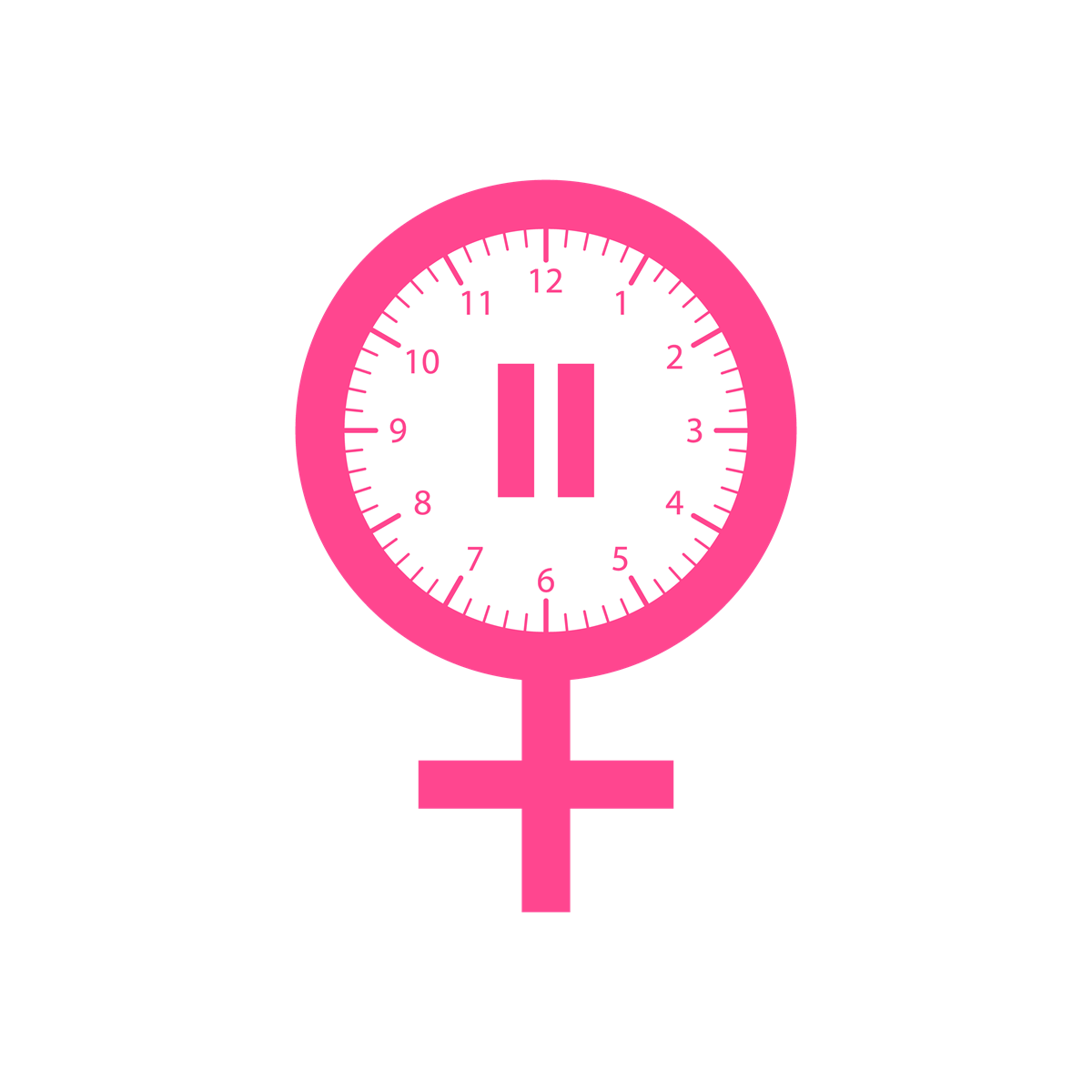I am 54 years old, struggling with hot flashes and mood swings. But when I ask for help from my care providers, I am told “Live with it. You are just getting older.” Please advise.
Your Question: I am 54 years old, struggling with hot flashes and mood swings. But when I ask for help from my care providers, I am told “Live with it. You are just getting older.” Please advise.
Our Response: Since Aristotle, the symptoms of menopause have been recognized. Yet one can date the current debate to 1968 when Feminine Forever was published, advocating for hormone replacement as the ovaries lose their ability to produce estradiol. The backlash from women’s groups supporting “natural menopause” was significant. The rush to judgement from news outlets occurred when the Women’s Health Initiative (WHI) was halted prematurely in 2002 because of a statistical link of PremProR (premarinR plus medroxyprogesterone) to breast cancer. That conclusion resulted in a sudden drop in hormone replacement prescriptions, even though the other arm of that study (PremarinR only) showed a reduction in breast cancer.
These negative conclusions, coupled with the fact that only a few current residencies in obstetrics and gynecology, family medicine or internal medicine teach the principle of menopause management, have created the dilemma for women entering the menopause years.
Fortunately, there is a growing consensus that hormone replacement for lost ovarian function for women in their late 40s or early 50s offers health benefits for hot flashes, mood swings, anxiety, vaginal atrophy, bone health, and cardiovascular health. News outlets such as The Wall Street Journal, AARP The Magazine, and New York Magazine have advanced these concepts.
The fundamental basis of menopause management is education, both for healthcare providers and patients, that also may involve gynecology care, hormone replacement, or complementary medicines. In the end it may be women’s groups that are the most effective force for speaking out in support of menopause management.
James Woods | 5/7/2020




